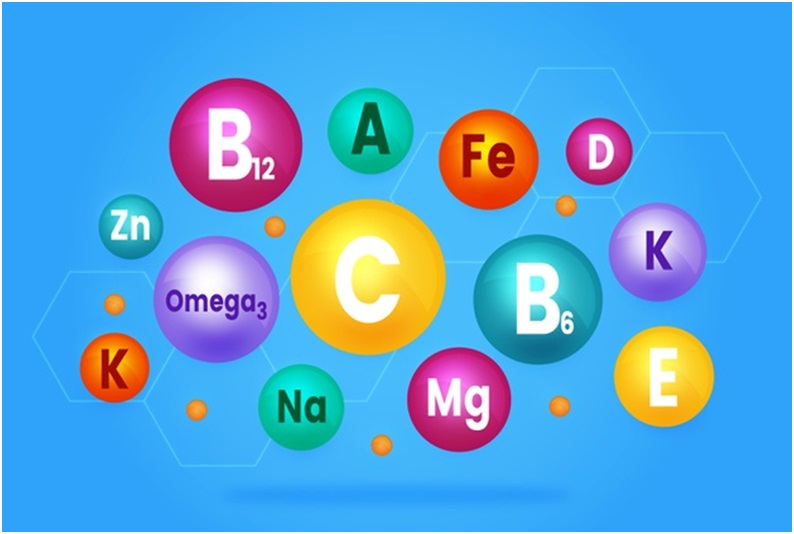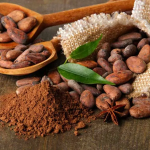The body needs a variety of vitamins and minerals that are essential for both body growth and disease prevention. Micronutrients are a term used to describe vitamins and minerals. Since they are not formed naturally in the body, you must obtain them through your diet. Your age determines how much of each nutrient you can eat. Many local supermarket foods in the United States, such as vegetables, wheat, and dairy, are supplemented with nutrients that are essential to avoid micronutrient deficiency. However, even though you consume those nutrients, the body will be unable to consume them.
- Iron deficiency
Iron deficiency is the most common nutrient deficiency internationally. Anemia can be caused by an iron deficiency. This is a blood disease that induces exhaustion, weakness, and a slew of other clinical symptoms. Dark cruciferous veggies, red meat, and egg whites are all high in iron. It aids in the production of red blood cells in the body.
- Vitamin A deficiency
Vitamin A is a category of nutrients that are important for men and women’s eye diseases and sexual health. It also helps to improve the immune system’s ability to fight infections. Vitamin A deficiency is the leading cause of preventable impairment in infants, according to WHO. Expectant mothers who are deficient in vitamin A have a greater risk of maternal fatalities. Beta carotene is a mineral that has antioxidant properties. It can be found in red, yellow, orange, and dark green fruits and vegetables. When required, beta carotene can be transformed to vitamin A in the body. Breast milk is the best precursor of vitamin A for infants. For the rest of us, it’s important to consume a variety of vitamin A-rich foods. One can also go for malt-based products as the Horlicks contents help in supplying vitamin A to the body.
- Vitamin D deficiency
Vitamin D is important for strong bones. It aids the body in maintaining proper calcium levels in order to control tooth and bone growth. A lack of this nutrient may cause bone growth to be stunted or low. Osteoporosis, which is caused by a deficiency of calcium and vitamin D, can result in porous, weak bones that are easily broken. Just a few foods naturally contain vitamin D. Vitamin D-rich foods include:
- fatty acids from fish livers
- fish that is high in fat
- the fungi
- yolks of eggs
- spleen
- Vitamin D is added to both dairy and crop dairy products in the United States.











